You must have heard the oft-repeated phrase regarding WordPress as “just a blogging platform.” While it surely started as one, the journey of moving from that to the full-fledged modern Content Management System (CMS). Therefore, what this involves is not just the same if you do not have a clear understanding of the concept in the first place.
Shortly, a modern Content Management System (CMS) is a platform that allows you to make and store digital content. At this time, its key use is to make websites while WordPress is by far the most admired choice, it’s not the sole. There are plenty of CMS solutions available out there, each one has its advantages and disadvantages.
In this guide, you will come across the concept of a modern Content Management System (CMS). We will explain the fundamentals and how a CMS is distinct from other ways of establishing websites. You will also see the guide related to why you might want to choose and use one and run via some of the most accepted options. Let’s begin!
Choosing A Content Management System?
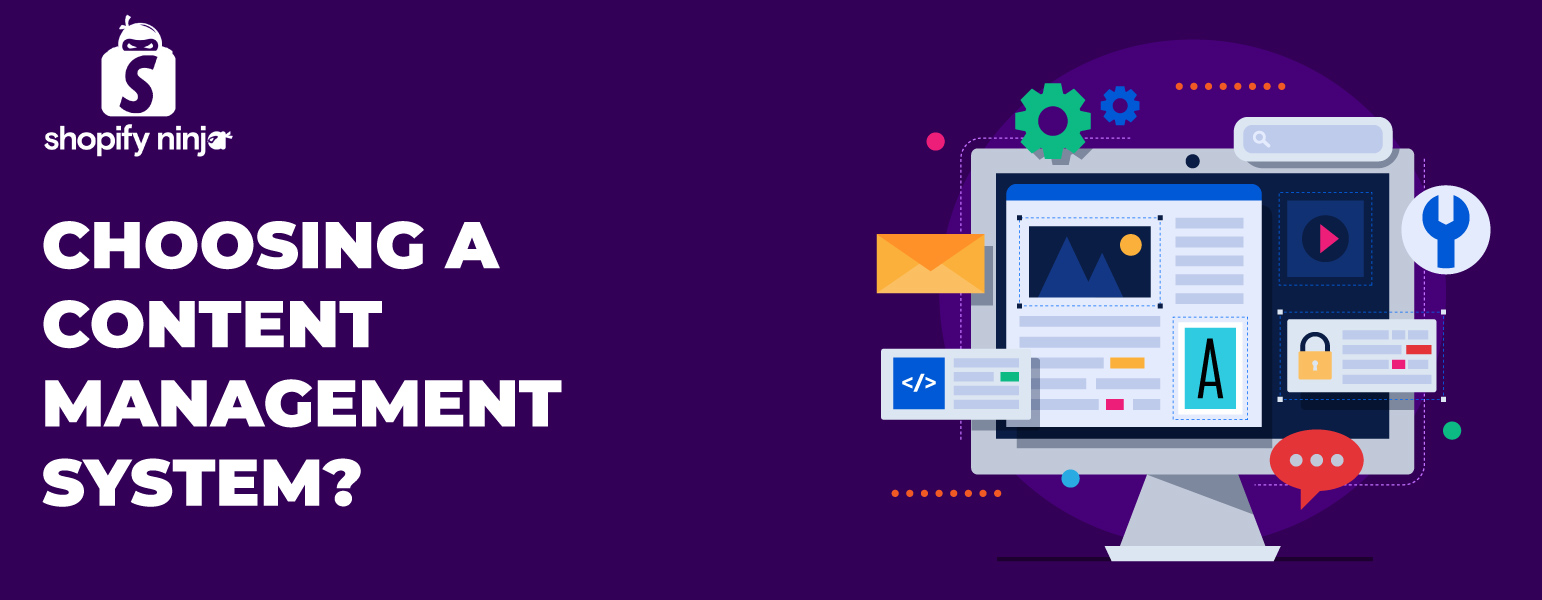
No matter which modern Content Management System (CMS) you use, we ensure that your websites are secure, fast, and always up so that we can sustain your reliable image.
An Introduction To Modern Content Management System (CMS)
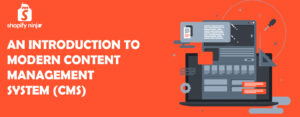
Several people still have the mindset of WordPress as a blogging platform. Indeed, there is the core truth in this, as WordPress started as a continuation of the blog platform, which was established with blogging in mind. Therefore, if you are an enthusiastic WordPress user, you will know that the platform has now changed to a full-fledged modern Content Management System (CMS).
As the name depicts, a CMS enables you to create, store, evolve, and publish digital content. Most significantly, they allow multiple people to work on the same project by collaborating, sharing, and editing the same library of files.
One important thing to consider is that there are many different kinds of CMS. While there are all similar in their general operations, each has an unusual objective. For this guide, we will be searching exclusively at modern web Content Management systems (WCMS), which are critically used to make and sustain websites.
How A CMS Can Be Used To Make A Website
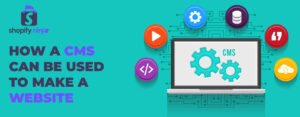
If we take a step back and look at the feasibility of using a CMS to make and operate a website. While it may seem overly technical at first impressing, a huge selling point for the solution is its simplicity of use. You are required to understand coding or have experience in creating a site to use a modern Content Management System (CMS) rarely.
To use a clear analogy, compare making a website to building a home. The CMS is similar to the fundamentals like the roof, the doors, the plumbing, and the walls. It makes sure that the basic foundation is in place so you can concentrate or deliver it, renovating the interior and making it habitual. In other words, admiring the site with content, evolving its appearance, and making it easy to work with and use.
If we talk about WordPress, this is mostly associated with “main functionality”. Therefore, any modern Content Management System (CMS) will also allow you to expand on this main functionality by introducing your code or installing code.
While all the modern Content Management systems (CMS) are different, there are many other important features that most share. Some of these include:
Extensibility And Elasticity
With the help of a modern Content Management System (CMS) that provides the basics, you will be able to create on the foundations by inserting new functionality to make a dynamic and unique site.
Permission Control
From the perspective of security, it’s fundamental that you can allocate user roles to make sure everybody has the right to enter the content and functionality essential to perform their jobs (and no more).
Multilingual Facilities
The internet is not limited to a sole language, and neither should your site. The majority of CMS platforms are therefore accessible in many languages and are effortlessly exchangeable too.
Scalability
Many websites grow with time, booth in how much content they should add, and how many visitors they get. As such, a modern Content Management System (CMS) is built to be scalable according to the needs of your website.
Open API
If you want to manage your content without even using the default site interface, you should go for an application programming interface (API) to make it possible to access your site using tools.
Usually, CMS is not the sole method of making a site. For instance, if you are talented, you can still code from scratch. You may also want to cut off the technical elements altogether and use a website builder like WP site builder to do the work for you.
So why even go for a modern Content Management System (CMS) at all? Let’s discuss the answer to this question before moving forward to look at some of the CMS platforms.
Why You Would Want To Use A CMS
For beginners, modern Content Management systems (CMS) are used to run more than half of all websites. One accurate reason for this is that several of the most admired CMS alternatives are free to use and use open source technology. While this is not surely a positive, it’s not the entire picture.
A CMS offers an experience that brings together both complete beginners and experts on an “equal’ level as it was there. It also allows you to personalize the experience of managing your website. As with any system function. As such, the modern Content Management System (CMS) gives you complete control practically for every aspect of your website.
You will also require that the CMS you use facilitates the functionality you need. While we will connect on this in more detail next time, each CMS has many different processes allowing you to penetrate your site. For example, you may be connected with WordPress plugins which enable any site owner to download new features on their website or lengthen the platform.
No matter whether or not you decide to utilize a CMS based largely on your needs, the scale and kind of website you want to create, also as your level of skills. However, we normally like to suggest a CMS as they take away loads of most technical elements of creating a website while still giving you a brilliant amount of control.
2 Content Management Systems You Can Use For Building Websites
Let’s discuss in depth some of the available solutions, while this is not exactly a wide-ranging list. You will frequently search the following are brought up mainly as go-to solutions for building websites.
1. WordPress
WordPress may require a very small introduction. It’s by far the most accepted modern Content Management System (CMS) with around 60% market share. As if this was not sufficient, it’s reportedly used to run 31% of all websites on the connection.
So, how (and more significantly, why) has it become who is admired? One essential reason is that WordPress has been an open-source, free of cost, and community-run project. User-friendly, extensive, and open source have remained prime factors ever since the project was introduced in 2004.
In other words, WordPress needs next to no experience in making websites. In practice, anyone could use it to build a site and start inserting content and the latest features within minutes. The broader number of site themes and available plug-ins to evolve the appearance of your website with simplicity also makes it a specifically tempting choice.
However, the massive reputation of WordPress does come with some dark sides too. For instance, while the main platform itself is protected, it is often targeted by attackers and bots. Poorly coded plug-ins and themes can also recognize security vulnerabilities if you are not careful.
Well, WordPress is a solid choice, especially for beginners; consider it as a simple solution that provides loads of power under the hood for those who want to get involved with the technical elements. It’s also completely cost-free with no premium choices. Many hosts also customize their servers to the platform.
2. Joomla!
Now let’s move to the modern Content Management System (CMS) alternative to WordPress. The name is Joomla! Came from the Swahili language that means “all together”, which associates with the platform’s open-source community. In comparison to WordPress, it is a slightly more focused CMS while still depending on the user-friendly interface.
It’s an enormous user community that repeatedly makes extensions and themes to facilitate strengthening the platform’s hub functionality. This lets it the good choice if you think makes it a good choice if you think WordPress isn’t offering the level of control you require.
The platform’s flexibility also makes Joomla! An excellent choice for more complex websites, such as membership sites, social media networks, and online communities. Naturally (and as we touched on), Joomla! Also enables you to download themes and extensions to your site.
The focus is on Joomla! Sites tend to skew towards business and professionals, which makes sense considering the additional complexity of the CMS. As such, it might not be the best option if you have little experience with site development.
The knowledge curve is possibly steeper too, particularly if you’ve mainly used an additional CMS in the history. However, developers may consider it more flexible and free than WordPress offerings. Joomla is completely free to install and use, with unpaid plans. It is well-matched with one-click installation, creating the process of getting your website up and operating much more easily. Last but not least, while some hosts support Joomla, there are still plenty of servers that teak their servers to facilitate the CMS.
Conclusion
Days are gone when coding was required for every aspect of a website by hand, gratefully to the increase of the modern Content Management System (CMS). These platforms allow us to create and publish content much easier, also to the extent of the capabilities of the website to suit your amazing requirements.
Do you have any concerns regarding the modern Content Management System (CMS)? Our experts of helpful shopifyNinja can facilitate, and link the conversation at this moment! We have a cluster of successful and fully satisfied clients as we provide the best website development services within no time.
Read more: Why Should You Consider WordPress Websites A Top Priority?
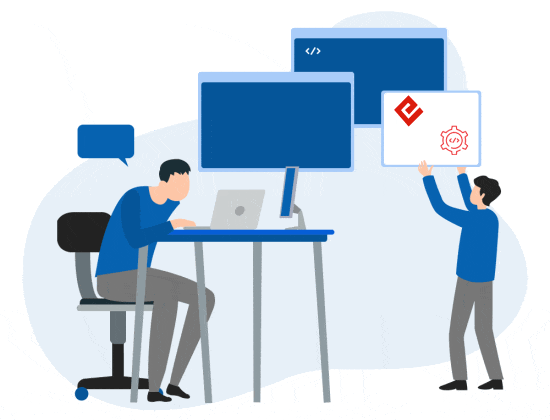


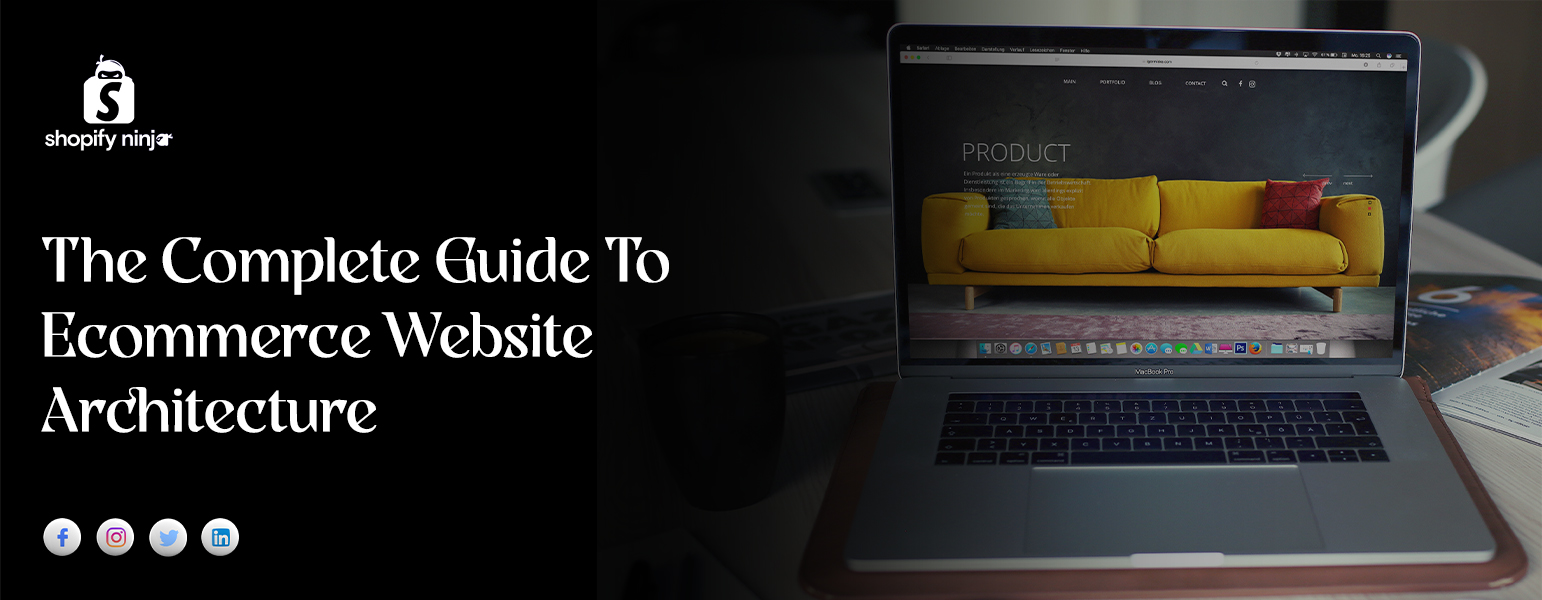


0 Comments